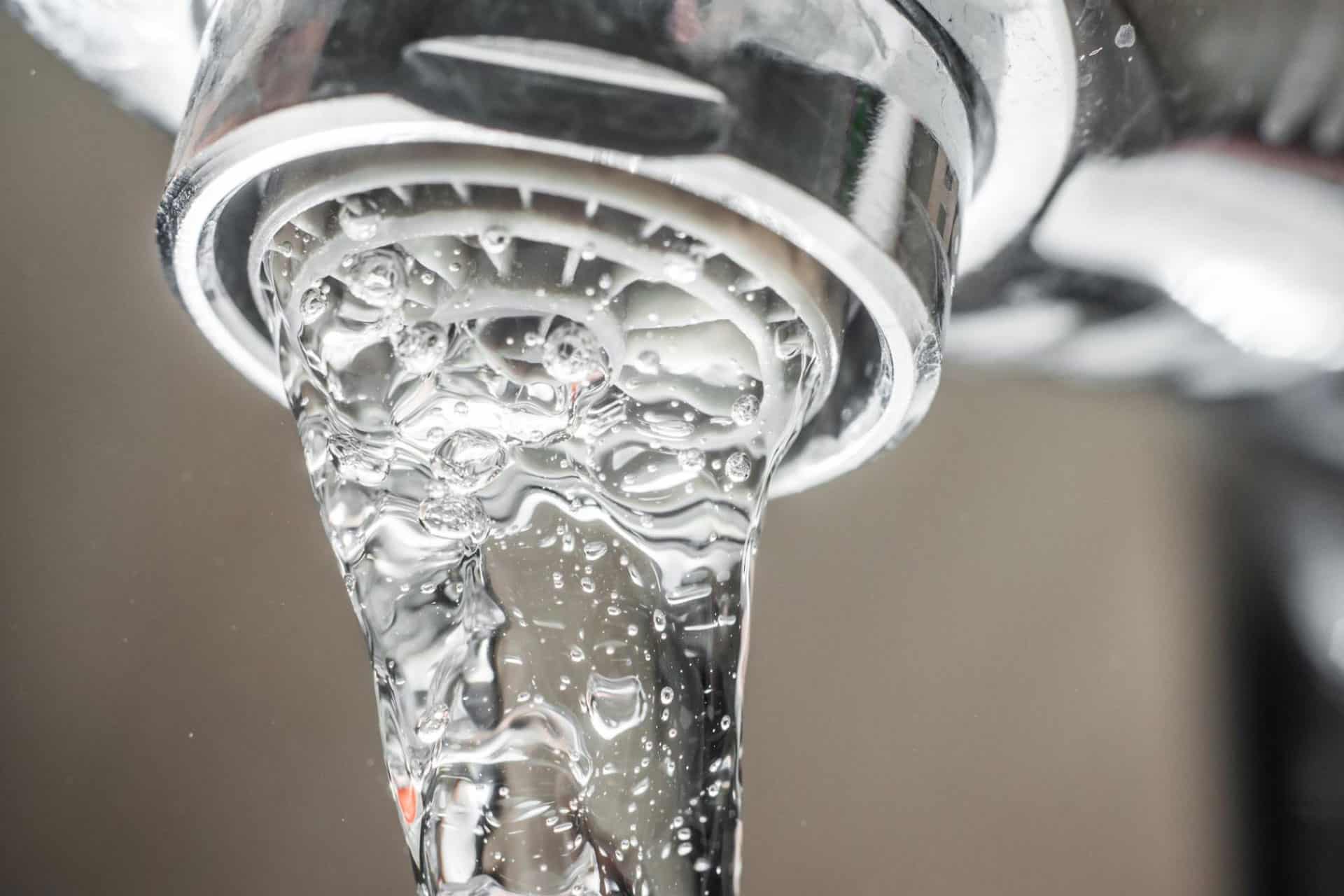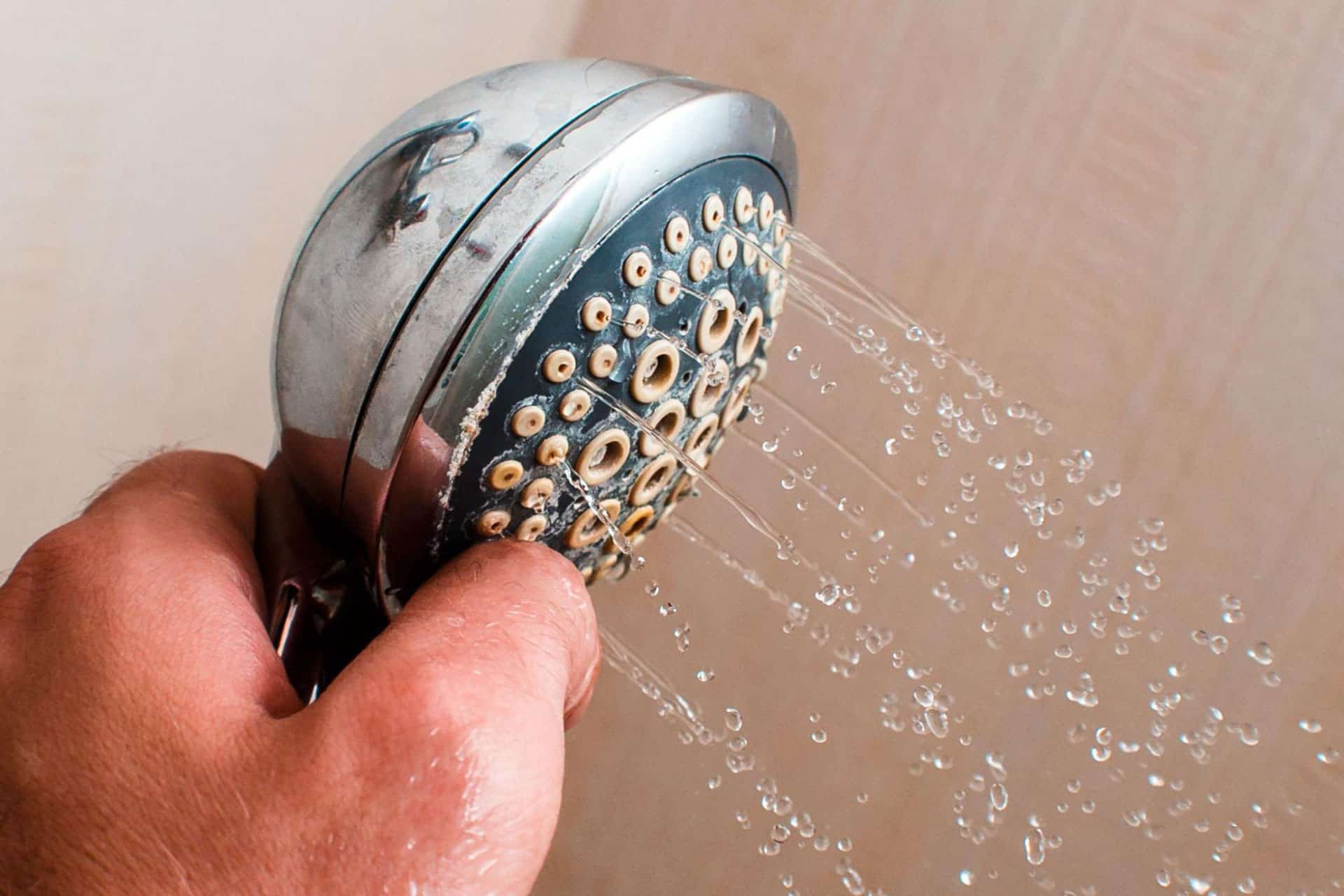
How Does a Water Softener Work?
If you live in a hard water area, chances are you’ve experienced these challenges:
- Skin and scalp irritation;
- Plumbing and appliance damage;
- Faster fading fabrics; and
- Reduced effect of soap/detergents.
The first two points on the above list are usually the most devastating. And this is where water softeners come in to save the day.
In this guide, we’ll answer the following questions: “What does a water softener do?” and “How does a water softener work?” We’ll also cover the benefits of getting a water softener for your home.
Let’s get started!

What Is Hard Water in Simple Words?
Essentially, the hardness of water refers to the amount of dissolved calcium and magnesium in it. Therefore, if water is considered “hard water,” this means that it has a relatively higher concentration of the aforementioned minerals.
Every property is supplied with either hard water or soft water, depending on the area and source of water. It is important to note that both hard water and soft water are naturally occurring.
Hard water, before being processed and supplied to homes and buildings, usually percolates through deposits of gypsum, limestone, or chalk. Meanwhile, soft water usually comes from river basins or starts out as groundwater from an area low in calcium and magnesium.
What Does a Water Softener Do?
The main goal of a water softener is to remove or reduce the negative effects of hard water. For some types of water softeners, this involves removing the minerals that make the water hard.
However, there are also certain types of water softeners (known specifically as “water descalers”) that do not remove the minerals from the water and only aim to prevent scaling or mineral build-up along the pipes, appliance tubings, and plumbing fixtures.
How Does a Water Softener Work?
As mentioned earlier, there are different kinds of water softeners. Each of them has a unique mechanism to either remove minerals from hard water or simply prevent the hard water from ruining plumbing and connected appliances.
Salt-Based Water Softeners (Ion Exchange Water Softeners)
These water softeners have a resin through which heavy minerals like magnesium and calcium are drawn into. After which, they are exchanged for sodium ions. Though these systems exchange heavy minerals for salt, the amount of salt introduced is typically insignificant and unnoticeable. However, to some homeowners, this is still a major disadvantage that discourages them from choosing this type of water softener.
Salt-based water softeners typically have a tank for the resin and a tank for the salt. At some point, the resin would be depleted — thereby requiring the system to undergo a process known as “regeneration.” The system cannot be used while undergoing regeneration cycles, so this must be scheduled when nobody will be needing the water.

Dual-Tank Water Softeners
Dual-tank water softeners function the same way as salt-based water softeners, except that they have two resin tanks. This means that whenever one resin tank is going through a regeneration cycle, the other tank can still soften water for the property. Ultimately, dual-tank water systems offer more convenience than the standard salt-based water softeners.
However, the trace amount of salt being added to the water through this system is still something that discourages some property owners from choosing this type of water softener.
Salt-Free Water Softeners (Descaler)
As the name suggests, salt-free water softeners do not work with salt. They also do not remove minerals from the water. Instead, they create crystals that disable the minerals from adhering to surfaces. This way, the water behaves like soft water and does not cause damage to plumbing and appliances.
Though these types of water softeners are usually more expensive, they are long-lasting systems that take up a relatively smaller amount of space.
Magnetic or Electric Water Softener (Descaler)
Magnetic water softeners are installed on the exterior of pipes and wired to the home’s electrical system for power. These devices create a magnetic field in order to neutralize heavy minerals.
In doing so, heavy minerals stay soluble in the water and do not adhere to surfaces. Through this process, magnetic water softeners prevent mineral build-up or scaling on the property’s plumbing.
Magnetic water softeners are considered relatively affordable. They are, however, more compatible with smaller spaces. Moreover, this system is not always recommended for water with high hardness.
Reverse Osmosis Systems (RO Systems)
These systems make use of a semipermeable membrane to filter out not only heavy minerals but also nitrates and metals. This is considered one of the most comprehensive and best ways to treat water. However, RO systems still have a few downsides relating to high maintenance, high water wastage, and the removal of all minerals (good and bad ones).

Expert Water Softener Installation for Your Property
That wraps up our guide answering the questions “What does a water softener do?” and “How does a water softener work?”. If you are looking for experts to help you select and install the best water softener for your property, we are at your service.
PlumbWize is a trusted provider of plumbing services for the areas of Oakville, Burlington, Hamilton, Milton, Ancaster, and Stoney Creek. Our experts can help you choose the ideal type of water softener for your residential or commercial property and install the unit effectively so that it serves you for years to come.
If you have any questions or if you’d like to request a quote, simply contact us today!





 0
0 905-332-8222
905-332-8222